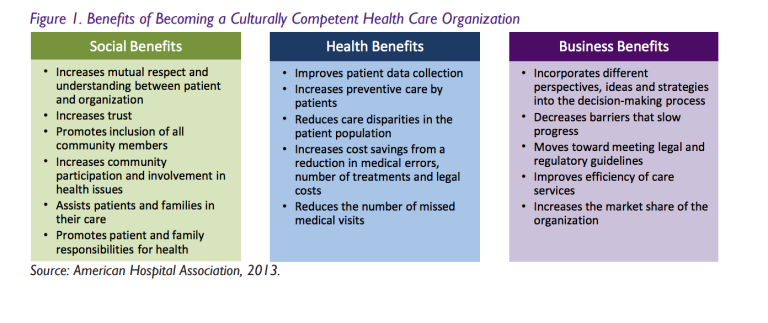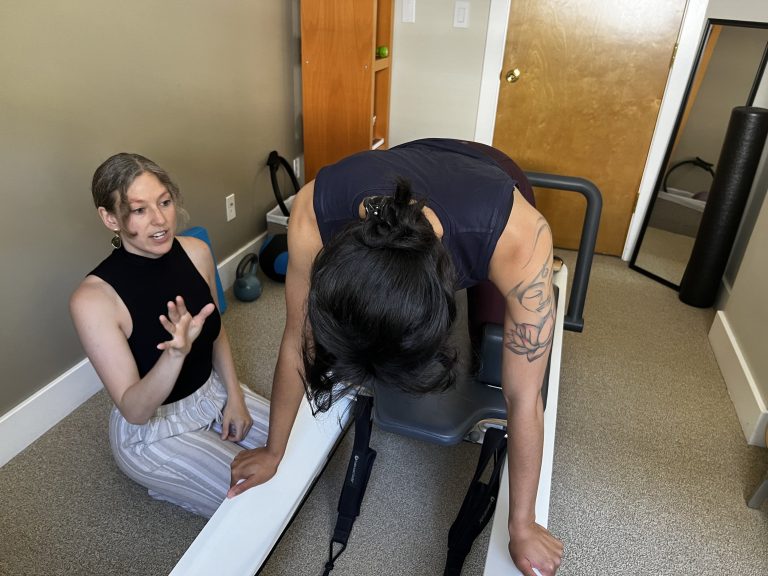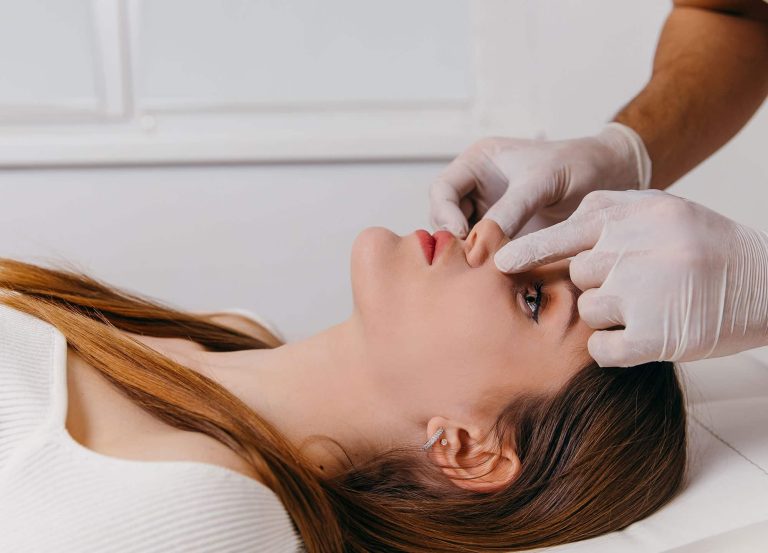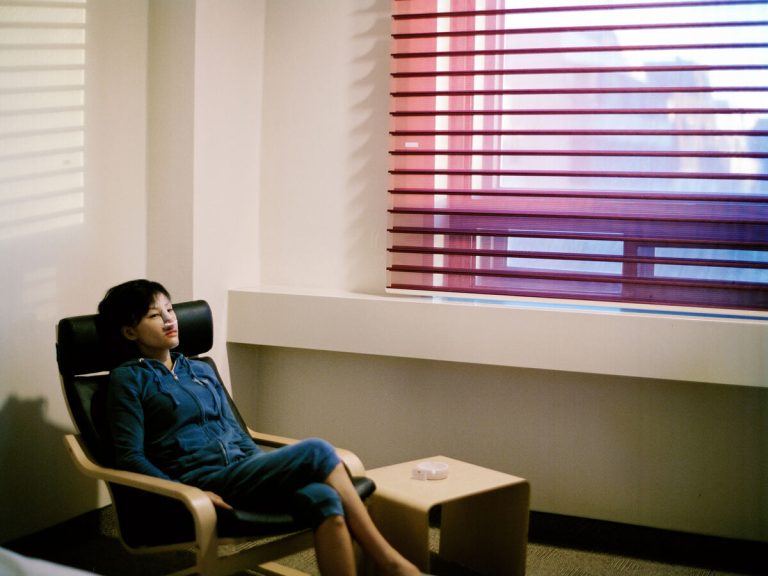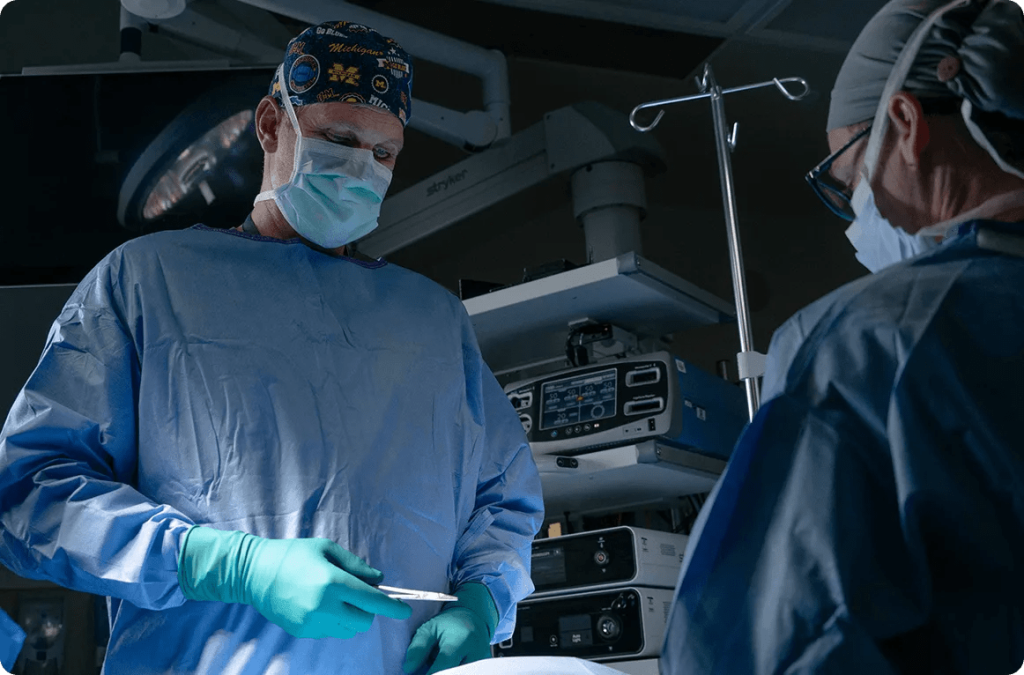
Let’s be honest—no one loves recovering from surgery, even if it’s outpatient. But here’s the deal: a smooth recovery isn’t just about luck. It’s about following the right protocols. Whether you’re prepping for a minor procedure or helping a loved one through it, knowing what to expect can make all the difference.
Why Outpatient Recovery Is Different
Outpatient (or ambulatory) surgery means you’re home the same day—no overnight hospital stay. Sounds great, right? Sure, but it also means you’re responsible for your own recovery. No nurses checking your vitals every few hours. No cafeteria bringing you meals. Just you, your couch, and maybe a very concerned family member.
Immediate Post-Op: The First 24 Hours
Those first hours after surgery are critical. Here’s what most people forget: anesthesia doesn’t just vanish when you wake up. It lingers, leaving you groggy, dizzy, or even nauseous. So, take it slow.
Do’s and Don’ts Right After Surgery
- Do: Have someone drive you home. No arguments.
- Do: Rest, but not flat on your back—prop yourself up to reduce swelling.
- Don’t: Make big decisions, sign contracts, or scroll social media for too long (trust us, you’ll regret those posts later).
- Don’t: Skip pain meds if prescribed. Staying ahead of pain is easier than chasing it.
Pain Management Without Overdoing It
Pain is… well, a pain. But modern protocols emphasize balance—enough relief to heal, but not so much you’re zonked out for days. Here’s the trend: multimodal pain management. That’s a fancy way of saying “mix and match” therapies:
- Prescription meds (short-term, ideally)
- Over-the-counter options like acetaminophen
- Ice packs for swelling
- Gentle movement (yes, really—more on that later)
The First Week: Listening to Your Body
By day two or three, you’ll likely feel human again. But don’t mistake “better” for “back to normal.” Your body is still repairing—think of it like a construction zone with tiny workers patching things up.
Red Flags to Watch For
Call your doctor if you notice:
- Fever over 101°F
- Increasing pain (not decreasing)
- Redness or oozing at the incision site
- Difficulty breathing (rare, but serious)
Movement: The Goldilocks Principle
Too much activity? Bad. Too little? Also bad. The sweet spot? Short, frequent walks—even just around the house. This isn’t about fitness; it’s about preventing blood clots and keeping your lungs clear.
Sample Movement Timeline
| Day 1-2 | Walk to bathroom, kitchen |
| Day 3-4 | 5-minute walks every 2 hours |
| Day 5+ | Gradually increase as tolerated |
Nutrition: Fueling Recovery
You wouldn’t expect a car to run on empty—don’t ask your body to either. Focus on:
- Protein: Helps repair tissue (think eggs, yogurt, lean meats).
- Fiber: Counteracts constipation from pain meds (hello, prunes and oatmeal).
- Hydration: Sip water like it’s your job. Dehydration = dizziness = falls.
Mental Recovery: The Overlooked Piece
Ever feel emotionally drained after surgery? You’re not imagining it. Anesthesia, stress, and disrupted sleep can leave you foggy or even blue. Be patient. Nap. Binge that show guilt-free. Your brain needs downtime too.
When Can You Drive? (And Other Practical Questions)
Here’s the frustrating part: there’s no universal answer. It depends on:
- Type of surgery
- Pain meds (if you’re taking any)
- Your reaction time (try simulating brake taps in your driveway first)
Most people wait at least 48 hours—longer if they’re on opioids.
Longer-Term Recovery: Weeks 2-4
By now, you’re probably sick of being a patient. But don’t rush it. Scar tissue takes weeks to mature, and overdoing it can set you back. Follow your surgeon’s advice on:
- Returning to work (desk job vs. manual labor makes a big difference)
- Exercise restrictions (sorry, no heavy lifting)
- Incision care (when to shower, when to avoid pools)
The Big Picture: Recovery as a Partnership
Here’s the thing—outpatient surgery might be “minor,” but recovery isn’t passive. It’s a collaboration between you, your care team, and time. Listen to your body. Ask questions. And remember: healing isn’t linear. Some days you’ll feel great; others, you’ll nap at 3 PM. Both are okay.


